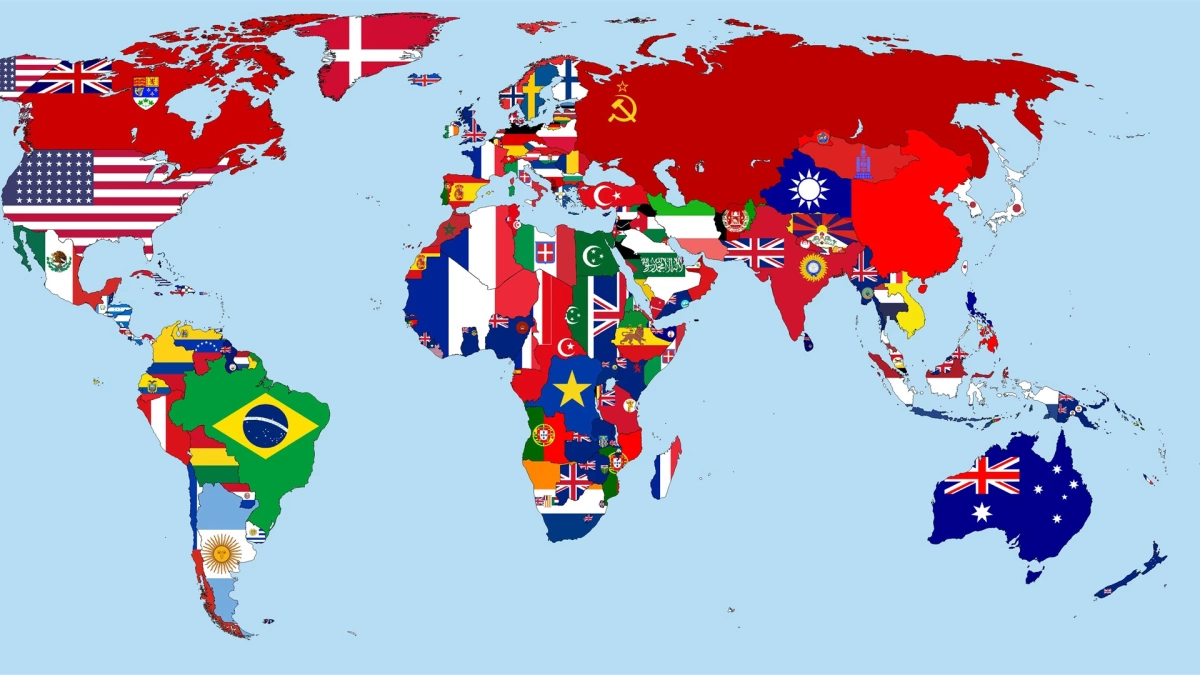Mental Wellness in the Digital Age
We live in a digital era, where our lives are undeniably intertwined with technology. Our daily activities involve heavy use of digital spaces, including online platforms and apps, for a variety of purposes from uploading photos on Instagram, tweeting opinions in 280 characters, to managing work on the cloud. Yet, while technological advances have made our lives easier in many respects, they also come with their own range of challenges. Among these is how the digital age can affect our mental wellness.
The Negative Impact of the Digital Age on Mental Health
In recent years, there has been growing concern about how the heavy use of digital devices and social media platforms negatively influences our mental health. Studies suggest a causal link between screen time and wellbeing, citing how constant exposure to screens can lead to issues such as anxiety, depression, loneliness, and other mental health problems. Additionally, the 24-hour presence of online spaces can make us feel obliged to be continuously active, creating a sense of burnout and stress.
The pressure of Online Perfection
Another distressing aspect of the digital age is the idea of online perfection. Social media platforms are notorious for creating a perception of ideal lives, bodies, relationships, and careers. This can create unrealistic expectations, inducing feelings of inadequacy and self-doubt among users. The digital platforms unknowingly force us to draw comparisons with the unreal, leading to a longer-term loss of self-esteem and confidence.
The Positive Influence of Digital Age on Mental Health
Despite the drawbacks, it is necessary to understand that digital media can also play a positive role in promoting mental wellness. For instance, digital platforms have helped create mental health awareness, offering support communities for individuals who might feel isolated or stigmatized in their offline lives.
Mental Health Apps and Online Therapy
These platforms have further contributed to mental health interventions by introducing mental health apps and online therapy sessions, providing easier access to therapeutic help for individuals who might be uncomfortable seeking help in a traditional setting. Today, several applications offer mental wellness routines, such as guided meditation, mindfulness exercises, and cognitive-behavioral therapy.
Striking a Balance
It is no doubt that the digital age brings both opportunities and challenges for mental wellness. Therefore, it is crucial to adopt strategies that promote digital wellbeing. This could include setting boundaries for digital use, taking regular screen breaks, or using apps that promote rather than hamper mental health.
As we navigate this digital age, let's remember to use technology to our advantage. Let's foster a healthy relationship with our digital devices and networks, using them to strengthen rather than undermine our mental wellness. Although we have challenges to face, as we always have, the digital age also offers us tools to build resilience, foster connectivity, and nurture our mental wellbeing.
Conclusion
Embracing the digital age thoughtfully can open up opportunities for enhancing our mental wellness. As we negotiate our path, it is important to be mindful and more aware of our digital consumption habits. Like all things in life, a balanced and mindful approach toward our digital lives can help us maintain a healthy mental space, demonstrating that mental wellness is indeed possible, even in this unprecedented digital age.










